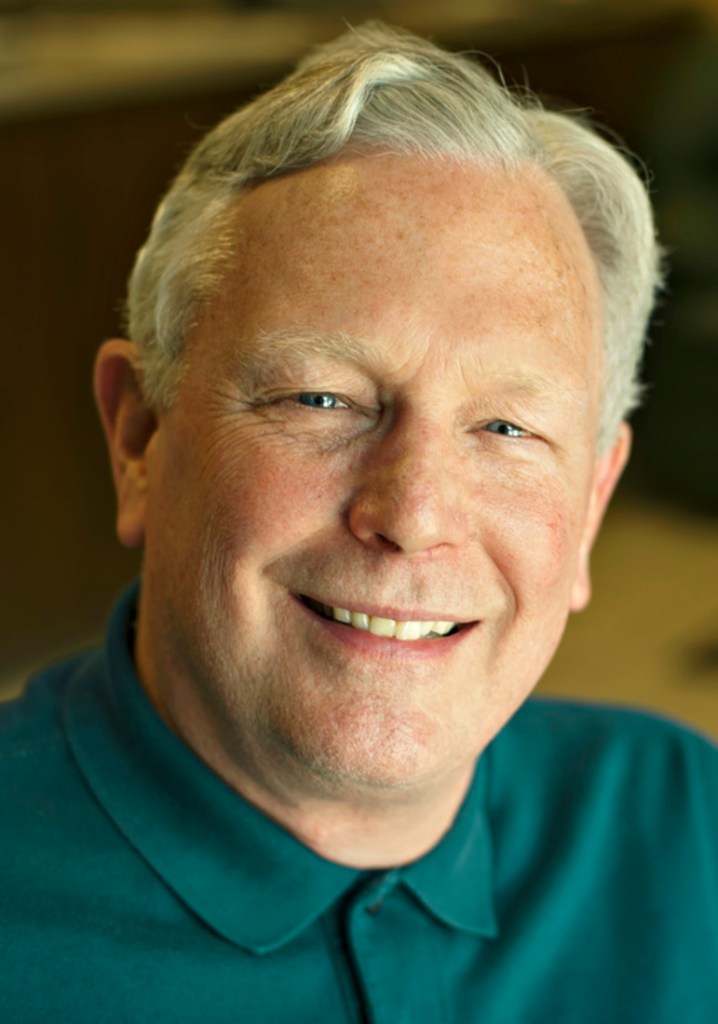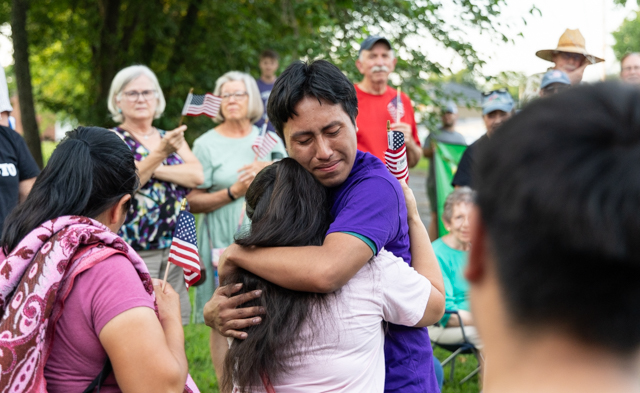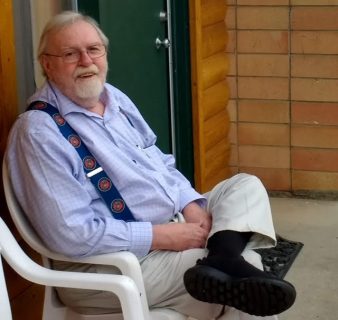Kennedy’s ‘Profiles in Courage’ and our common good
Published 1:00 am Sunday, October 2, 2016

- Ed Yager
“My father’s heroes were men and women who were willing to risk their careers to do what was right for our country. ‘Profiles in Courage,’ published in 1956, tells their stories.”
— Caroline Kennedy, introduction to “Profiles in Courage” (2003)
“Courage is the virtue that President Kennedy most admired. … This book is a study of men who, at risk to themselves, their futures, even the well-being of their children, stood fast for principle. … This book is not just the stories of the past but a book of hope and confidence for the future. What happens to the country, to the world, depends on what we do with what others have left us.”
— Robert Kennedy, foreword to “Profiles in Courage” (Dec. 18, 1963)
How important is personal courage in pursuing our common good? We expect personal courage from members of the United States military, but how about elected officials? How about citizens?
John F. Kennedy’s book “Profiles in Courage” responds to these questions and more – as it provides yet another interesting perspective on America’s common good – res publica. Kennedy wrote the book early in his career as a U.S. senator and the book would later win the Pulitzer Prize – it deserves our attention!
In the 2003 edition of “Profiles in Courage,” the introduction and the foreword to the book were written by close family members to John Kennedy. The date of each tribute is important.
With decades of hindsight, Caroline Kennedy was able to write an introductory essay in 2003 that not only described her father’s courage in World War II and his courage as a senator and as a president, but his legacy of courage found in the Profile in Courage Award. According to Ms. Kennedy, the award is “presented annually to an elected official who stands fast for the ideals upon which this country was founded, often at great personal risk. These men and women, Republican and Democrat, serving at the local, state and national level, are the heirs to the eight legendary senators chronicled in this book.” Established in 1989, this award has become an important part of the John Kennedy legacy in elevating the importance of courage for our common good today. The award is partisan-blind, color-blind, ethnic-blind and gender-blind in recognizing individuals of courage.
The foreword to John Kennedy’s book is no less impressive than Caroline’s introduction – perhaps even more so. Robert Kennedy wrote this five-page essay for the 1964 memorial edition of “Profiles,” and his foreword was naturally included in subsequent editions of the book, including 2003. Notice the date of Robert Kennedy’s original essay – Dec. 18, 1963 – only 26 days after his brother had been assassinated. Obviously, Robert Kennedy knew the importance of this book and its message – not just to his brother’s legacy – but to our country.
And what was, and what continues to be, that message? It is a rather simple message of drawing inspiration from the lives of past Americans who demonstrated courageous conduct for the good of all America at great personal risk and loss – so we as Americans today can demonstrate a similar courage in our unique historical circumstances.
Robert Kennedy concluded his foreword by invoking a portion of his brother’s inaugural address: “We dare not forget today that we are the heirs of that first revolution. Let the word go forth from this time and place, to friend and foe alike, that the torch has been passed to a new generation of Americans … unwilling to witness or permit the slow undoing of those human rights to which this nation has always been committed, and to which we are committed today at home and around the world.”
Notice that the torch is not a new torch, but rather a torch that has been passed to a new generation of Americans. We, the living generation, are links in a long historical chain rather than a generation fundamentally departing from our past traditions.
This idea is captured in Robert Kennedy’s excerpted quote: “This book is not just the stories of the past but a book of hope and confidence for the future. What happens to the country, to the world, depends on what we do with what others have left us.” In this vein, and with the stories that have inspired the Kennedys and millions of Americans, I will begin in two weeks a series on John F. Kennedy’s “Profiles in Courage.”
See you in two weeks.
— Ed Yager is a professor of political science at Western Kentucky University.






